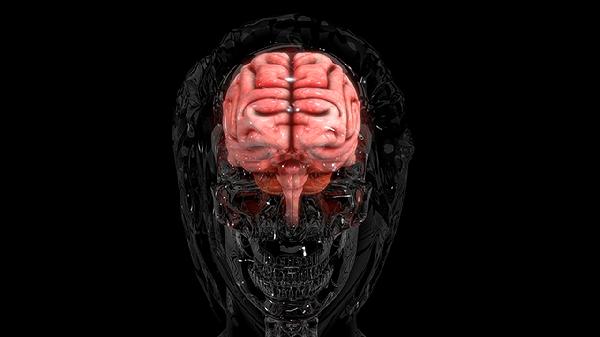Everyone suffers from various types of pain that torment them. When experiencing pain, the first reaction should be to reduce and distance oneself from it, without ignoring personal issues, to prevent a series of psychological disorders. Therefore, it's crucial to avoid falling into habitual misconceptions.
Three Major Misconceptions About Addressing Psychological Issues
1. Simply Choosing Methods to Reduce Pain
Everyone wants to quickly escape pain, but it's essential to understand the underlying issues that cause it—issues that cannot be fundamentally avoided. Escaping is merely a form of self-deception, distorting the perception of the problem and lessening the sense of pain. Although the pain may temporarily be out of sight, it still exists. Only by facing the pain and the issues behind it can one grow. Pain indicates that change is necessary; bravely confront it and seize the opportunity for personal growth. Simply escaping pain leads to self-deception, while facing problems fosters growth.
2. Thinking One is the Most Unfortunate
Everyone experiences psychological issues to varying degrees. Most people believe their pain is unique, often lamenting why they are so unfortunate, amplifying the problem infinitely, and even seeing it as a central issue in their lives. Those with psychological issues may think their problems are extremely severe, even isolating themselves. Social anxiety sufferers often do the same. At such times, it’s helpful to look at others' cases; realizing that others face similar issues can significantly reduce one's pain. Regardless of the psychological problem we face, similar situations can usually be found. In truth, no one is the most unfortunate in the world; there are always others who are equally or even more unfortunate.
3. Being Afraid to Face Problems
Focusing all attention on the problem leads to a refusal to grow. For instance, some people with certain illnesses avoid social interactions, becoming even more isolated. Continual trauma from certain events can lead to severe depression. In reality, it has nothing to do with the illness itself but is related to one's mindset. Growth requires enough courage to face life's various challenges.
Warm Reminders
It’s important to promptly eliminate factors that can easily trigger depression, maintain a positive and optimistic mindset, and face everything with a broad mind, without being overly concerned with trivial matters. Eliminate negative cognitive feelings; when encountering setbacks or stress, don’t blindly resort to avoidance but seek lessons and summarize experiences. When psychological stress is too high, it can be alleviated through exercise or listening to music. Pay attention to dietary adjustments during this time, avoiding caffeine-containing foods like strong tea and coffee, as they can exacerbate anxiety.
























